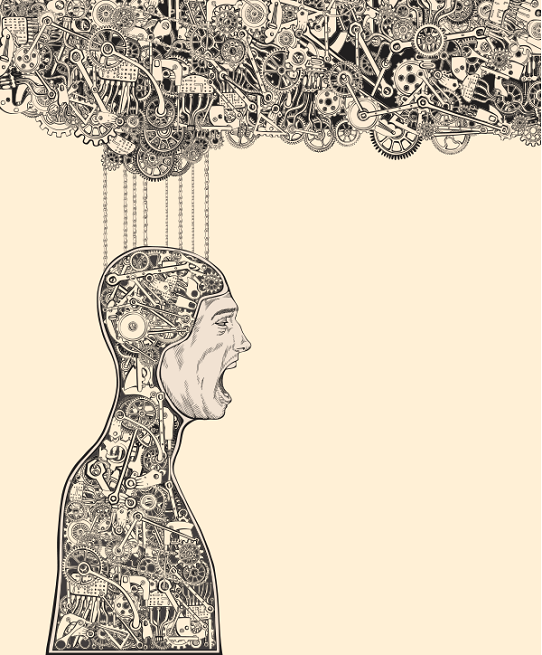The very consciousness is a reflection and a product of the social conditions. For his research, psychology widely uses the discoveries of history, economics, sociology, linguistics and aesthetics. On the other hand, social sciences can not develop successfully without the use of psychological knowledge of man. Without such knowledge, they can not be thoroughly studied and explain many social phenomena such as production, language, politics. Psychological knowledge is needed in the training and upbringing of the young generation and its professional preparation for the formation of the human personality. The connection between psychology and pedagogy is the most essential and the oldest. In connection with sociology, more attention should be paid to psychology, family sociology, political life. Social psychology is the most powerful psychology and is nowadays very popular.
Psychology, in addition to gaining knowledge from other sciences, also gives them. Psychological knowledge is focused on theoretical and applied sciences beyond its sphere. These are above all the humanities in whose problems we find anthropological and psychological questions. The psychology of historical sciences, sociology, pedagogy, ethics, aesthetics is heavily influenced by psychology. The methodological functions of psychology play a major role in the study of all significant social phenomena, regardless of whether they are subject to ethics, aesthetics, pedagogy, or legal science. The relationship of psychology to chilosophy, natural and social sciences shows its vital position and unifying role in the development of all-human knowledge. Each science studies separate areas of reality, properties, construction, and laws of different phenomena from nature and society. Every science is a separate section of the general human knowledge of the world around us, which is why all sciences are more or less interconnected. The phenomena studied by a given science and their laws form its subject of knowledge.
Thermal objects and objects of science are sometimes not distinguished by meaning, but used as synonyms. The distinction of the subject from the object was made for the first time by the Austrian scientist R. Amameser. Later, Meinung related this distinction to F. Brentano's theory of physics by building his theory of objects. In modern philosophy and especially in the methodology of sciences, the relative nature of the opposition between the object and the object is emphasized. as a fundamental structural difference between them, it is assumed that the object includes only the main and most important properties and signs of the object. Determining the subject of psychology depends on the level of natural science and the development of psychic processes. Since the dawn of human culture, no theory has emerged about the formation of the human psyche. It begins with mythology. Then they believed that everything exists, has a dual character, everything has a psyche, nothing in the material world is spiritualized. This falls into the category - "Panchischism" - mythological thinking.

